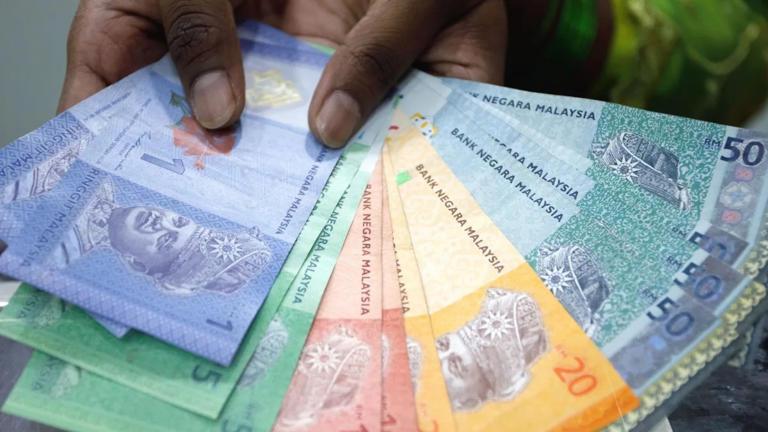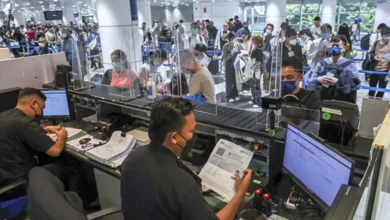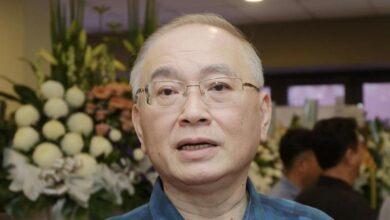Malaysia’s PM Anwar Ibrahim Advocates Decoupling from Dollar to Bolster Ringgit
Malaysia’s PM Anwar Ibrahim Advocates Decoupling from Dollar to Bolster Ringgit

In the bustling heart of Kuala Lumpur, the economic pulse of Malaysia beats with a rhythm that belies a nation grappling with a weakening currency. The local currency, the ringgit, dances a precarious dance against the powerful US dollar, its steps seemingly dictated by external market forces. Malaysian Prime Minister Anwar Ibrahim, however, has a different vision for the future.
Avoiding the Interest Rate Trap
Speaking with the confidence of a statesman who has witnessed the cyclical nature of economies, Anwar dismissed the conventional wisdom of hiking borrowing costs to bolster a struggling currency. He stated, ‘Increasing borrowing costs is not the panacea for a weaker ringgit.’ He argued that the country’s economic indicators, including decreasing inflation and unemployment rates coupled with increasing investment, do not justify an interest rate hike that could potentially stifle small businesses.
Bank Negara Malaysia (BNM), the country’s central bank, is set to decide on whether to adjust the overnight policy rate (OPR) on Thursday. With headline inflation in Malaysia slipping to 1.9% in September, according to Octa, it seems unlikely that the OPR will be raised at the upcoming Monetary Policy Committee (MPC) meeting. This decision, however, could continue to put pressure on the ringgit and could even push the USDMYR exchange rate above 5.0000.
Decoupling from the Dollar
Instead of hiking interest rates, Anwar proposed an unconventional solution: decoupling from the US dollar. ‘The long-term solution is to increase trade in local currencies, such as the Chinese yuan, Indonesian rupiah, and Thai baht,’ he said. He also alluded to ongoing discussions with Arab nations about initiating a de-dollarization process to strengthen the ringgit.
External forces, such as the actions of the US Federal Reserve, and weaker-than-expected Chinese economic indicators, and the easing of the People’s Bank of China’s monetary policy, have significantly impacted the ringgit’s depreciation. By decoupling from the dollar, Anwar hopes to insulate Malaysia’s currency from these external shocks.
A Financial Analyst’s View
Octa’s financial market analyst, Kar Yong Ang, agreed with Anwar’s assessment of the situation, remarking, ‘In a low inflation environment, changing the OPR is no longer relevant.’ He warned, however, that this scenario could continue to hurt the ringgit, potentially leading to a return to the monetary tightening strategy.
As Malaysia stands at the precipice of significant economic decisions, Prime Minister Anwar Ibrahim’s vision offers a path less travelled. It remains to be seen whether his strategy will lead the ringgit to a more stable dance floor or whether the rhythm of the global market forces would prove too compelling to resist.
Malaysia’s PM Anwar Ibrahim Advocates Decoupling from Dollar to Bolster Ringgit
DISYORKAN UNTUK ANDA :
- Kes Najib dicipta tergesa gesa, Pendakwa terpaksa alih tiang gol elak kekalahan
- 4 Negeri PAS Bakal Di Jadikan Pusat Penggubahan Wang Haram?
- Tubuhkan RCI Untuk Siasat Pembaziran Lebih RM1 Bilion Pembelian PPE, Vaksin & Ventilator Ketika Covid-19
- Antara YDP Agong Ke 17, Mahathir Dan Pulau Batu Puteh




